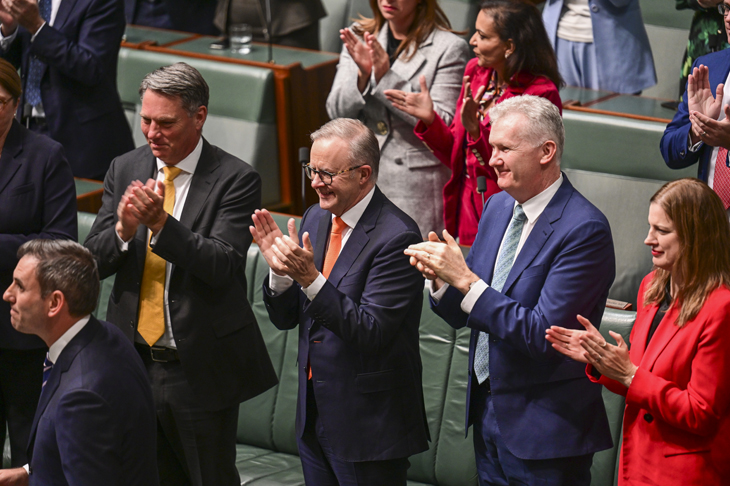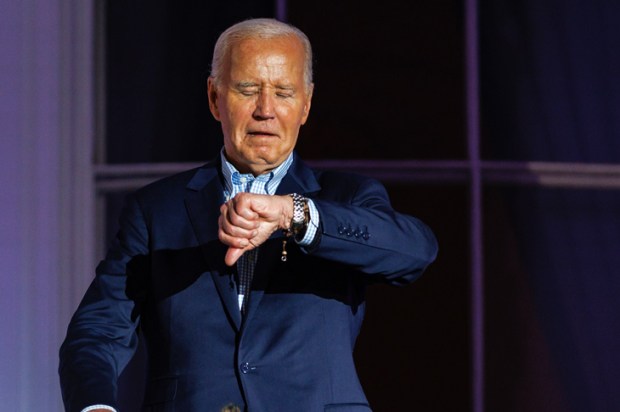Maybe I’m becoming a grumpy old woman – OK, I’m already a grumpy old woman – but I am getting increasingly fed up by the endless discussion of things that just ain’t going to happen. Why bother, me thinks, unless the instigator of the discussion wants to show off. But aren’t there enough pompous gits in the world already? Obviously, I notice these things when they are close to my professional world of Australian economic policy, but examples abound across the board – think here the ‘two-state solution’.
Already a subscriber? Log in
Subscribe for just $2 a week
Try a month of The Spectator Australia absolutely free and without commitment. Not only that but – if you choose to continue – you’ll pay just $2 a week for your first year.
- Unlimited access to spectator.com.au and app
- The weekly edition on the Spectator Australia app
- Spectator podcasts and newsletters
- Full access to spectator.co.uk
Unlock this article
You might disagree with half of it, but you’ll enjoy reading all of it. Try your first month for free, then just $2 a week for the remainder of your first year.














Comments
Don't miss out
Join the conversation with other Spectator Australia readers. Subscribe to leave a comment.
SUBSCRIBEAlready a subscriber? Log in